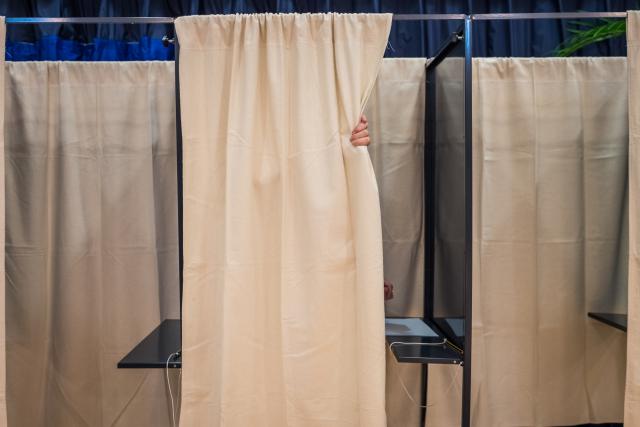UPDATE 1-Centre-right seen restoring its rule in Luxembourg vote

- Country:
- Sweden
The centre-right is expected to return to power in Luxembourg after a rare five years in opposition when voters elect a new parliament on Sunday.
Opinions polls indicate that the Christian Social People's Party (CSV) - which was led for 19 years by EU chief executive Jean-Claude Juncker - will end Xavier Bettel's five years as prime minister of a liberal coalition.
However, the CSV could fall short of an outright majority in the 60-seat chamber, meaning its leader Claude Wiseler would need to find an ally from one of the three governing parties - Bettel's Democratic Party, the Socialist Worker's Party or the Greens.
Voting began at 8 a.m. (0600 GMT) and was due to end at 2 p.m. with most results expected in the evening.
The ruling parties took advantage of voters' discontent in 2013 when Juncker called a snap election after a wire-tapping scandal, pushing the CSV out of government for the first time since World War Two.
Teacher Muriel Schroeder, like many voters, said education was a core issue at the election, but also said she wanted the country to shift its policy towards foreigners.
"I am in favour of welcoming foreigners and I wouldn't like the country to move towards extremism like in other countries," she said before voting.
Unlike some neighbours, where migration has boosted anti-immigrant parties, the far right has not made inroads in Luxembourg.
However, in 2015 Luxembourgers decisively rejected giving the vote to the 48 per cent of the population who are foreigners, mostly from Portugal, France and other EU countries.
Whatever the future government, the foreign policy of the European Union's wealthiest but second-smallest state is unlikely to change much.
To avoid isolation in the EU, Luxembourg has been adapting its economic model, recently ending bank secrecy under pressure from bigger neighbours which have called it a centre for tax avoidance.
Financial services are the largest sector in the Grand Duchy's economy, which was once dominated by steel.
(With inputs from agencies.)










